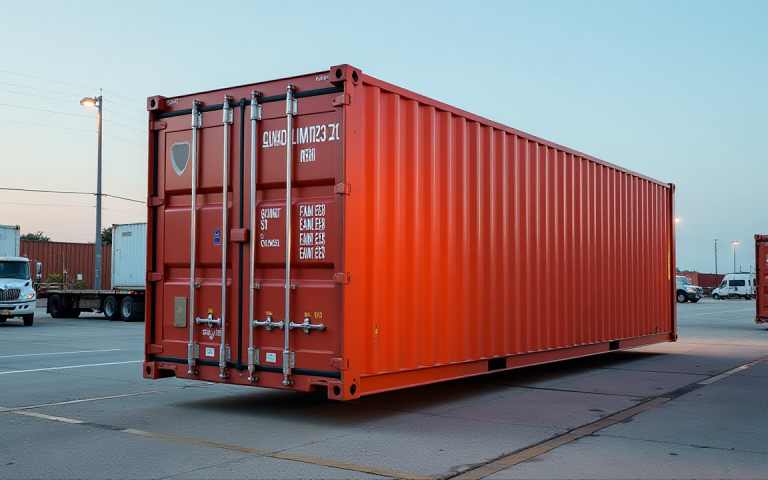
Retail executives are increasingly anticipating a pullback on reciprocal tariffs under a potential Trump administration, a sentiment rooted in a pattern of past actions rather than explicit policy declarations.
This expectation is heavily influenced by what Wall Street has famously dubbed the “TACO trade“—”Trump Always Chickens Out”—a shorthand for the former president’s frequent threats of imposing tariffs followed by subsequent retreats or delays.
Optimism after deals and recent developments
According to a survey done by the consulting firm, AlixPartners, retail executives are feeling more optimistic about the tariffs.
They expect most of the high retaliatory tariffs levied by the US against the EU, Vietnam, India, and Mexico will be taken back after the 90-day period from April passes in July.
Most of the executives believe the current 10% tariffs will be in effect against the companies rather than the high tariffs announced in April.
53% of executives believe tariffs on goods imported from Vietnam to stay at 10% after the delay ends, instead of the original 46% tariffs, the CNBC report citing AlixPartners said.
Many executives initially feared that final tariffs would be higher than 10%.
The perception shifted after the US and China came together for negotiations.
The US International Trade court’s ruling that Trump doesn’t have the authority to impose tariffs also helped, despite the ruling being on hold now.
Fresh evidence of TACO Trade
The change in expectations is a sign that retail executives are also believing in the TACO- Trump Always Chickens Out trade, which was coined in an FT report.
This observed pattern forms the bedrock of why many believe a repeat performance is likely.
So far in this term, Donald Trump has frequently used tariff threats as a negotiating tactic.
However, faced with market backlash, industry pressure, or diplomatic overtures, he often either delayed implementation, scaled back the duties, or exempted certain products or countries.
Examples abound: from initial aggressive stances on European Union tariffs to threatened duties on Canadian and Mexican imports over fentanyl concerns, and even a proposal for a 200% tariff on EU wine, many of these formidable threats ultimately softened or vanished.
This history of high-stakes bluster followed by concessions suggests a predictable rhythm that market players, including retail executives, have learned to anticipate.
All countries may not have same leverage
Despite the history of pullbacks, not everything will be rosy for retail executives, experts say.
Sonia Lapinsky, a partner and managing director at AlixPartners, said in the CNBC report that while China could work out a deal, other countries don’t have the leverage China has.
Lapinsky said it is unknown whether other countries can negotiate and bring a similar deal. She added that responsible companies are planning for both the best and the worst scenarios.
In the survey, 46% said the tariff on India will stay at 10% instead of earlier 26%. But 29% of the executives are also preparing for both cases where the tariffs remain high or end up the same level.
The post Why retail executives see a tariff retreat in Trump’s playbook appeared first on Invezz

